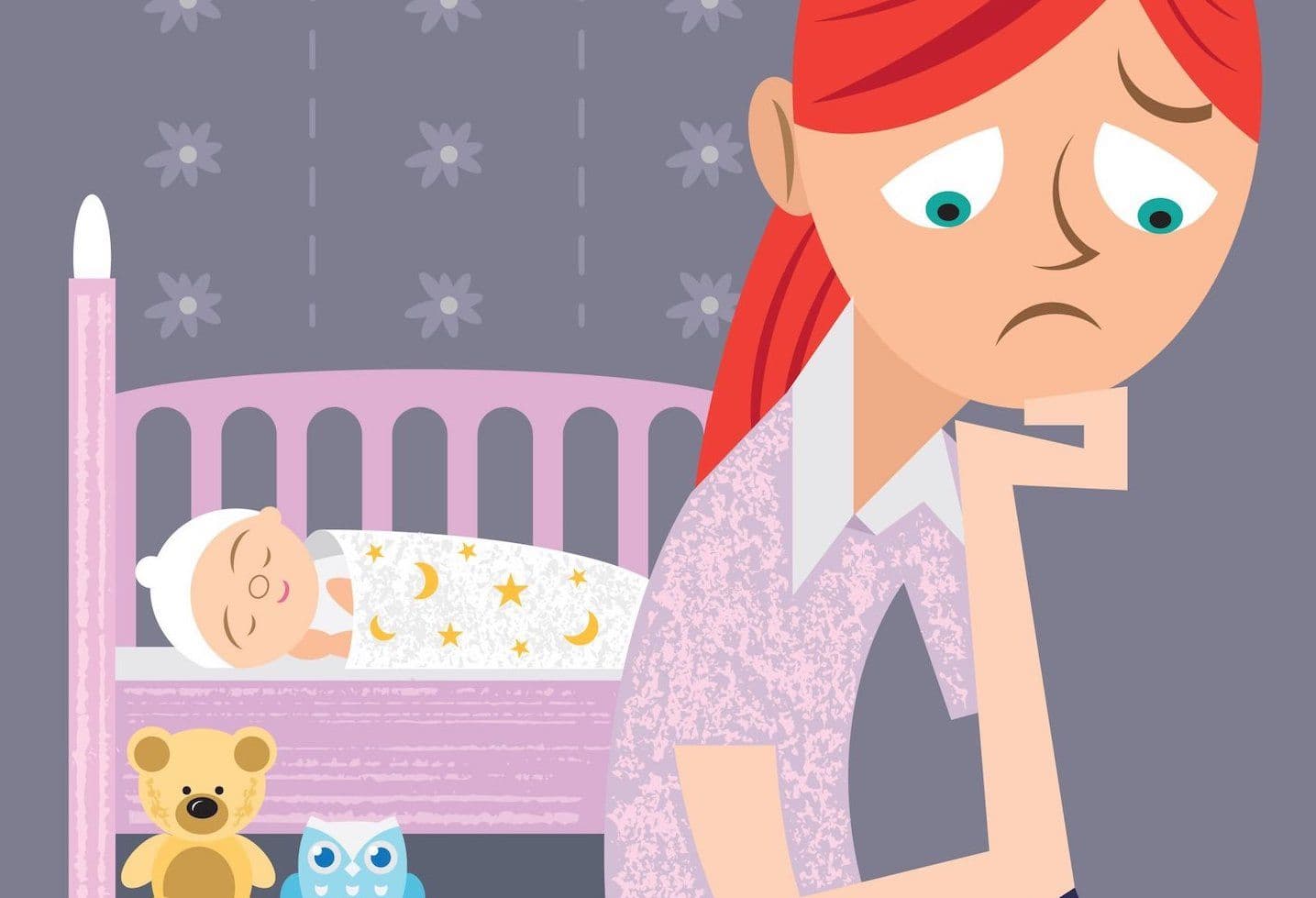The Baby Blues or Postpartum Depression?
Postpartum
Obie Editorial Team

It is important to differentiate between postpartum blues which lasts a short period of time versus depression which is a much more serious condition. Usually "the blues" last a few days to a few weeks, but may recur during the first year postpartum due to stress and sleep deprivation.
Screening for postpartum depression should be done on each and every postpartum visit, but many ObGyns fail to do this properly. Take the "Edinburg Postpartum Depression Test" to see if you may be clinically depressed or not.
Risk factors for baby blues
Loss of freedom: After the initial excitement of having a baby, a new mom can experience a letdown, a sense of vulnerability and even a feeling of loss. She may feel an incredible responsibility and may mourn the loss of freedom, and may even feel unloved and unlovable.
Exhaustion: Fatigue may play a major role in these sensations. She may feel sore, weak, and if there have been complications with her own health or that of the baby, the sense of sadness can become overwhelming.
Think you might have postpartum depression? Take this quiz!
Less help: Sometimes women experience the blues when their support systems become less available after the first few days or weeks. The new mom, (especially a single mom or a mom who has had a cesarean) may feel that she has no time to care for her own physical and emotional needs.
Some mothers wonder how they are going to get everything done and if they can protect and care for such a vulnerable little creature. They become frightened at the strong contradictory emotions they feel.
Support and assistance from your partner, family or friends are vital. It can mean the difference between significant improvement and sliding deeper into a true depression.
Signs of postpartum depression
Postpartum depression is very similar to the types of minor and major depression that may occur at any time of life. If it begins within the first three to six months after childbirth, it is considered postpartum depression. Some experts agree that this can be extended to one year postpartum.
Criteria for diagnosing this type of depression include "depressed moods or loss of interest or pleasure in life nearly every day," and it must be present with at least five of the following signs:
- Markedly diminished interest or pleasure in all or almost all activities
- Significant weight loss or weight gain when not dieting, or a decrease or increase in appetite
- Insomnia or excessive sleepiness most of the day
- Agitation or slowness when handling daily activities
- Fatigue or loss of energy
- Feelings of worthlessness, or excessive or inappropriate guilt
- Diminished ability to think or concentrate
- Suicide attempt or recurrent thoughts of death
Some women are at higher risk than others for the development of postpartum depression such as women with a previous history of any type of depression, women with a family history of depression, adolescents and single mothers or mothers with little or no emotional or physical support.
Treating the baby blues
When you feel the blues set in, remember the three keys to prevention and treatment: rest, exercise and nutrition. Women who engage in a regular program of activity every day, eat a healthy diet and rest when their baby is resting have a reduced incidence of the postpartum blues. Obtaining a good support system is essential. Family or partner support is crucial to giving the mother time for herself.
Treating postpartum depression
Untreated maternal and postpartum depression can have serious and long-term effects on mothers and infants. Therefore, treatment is strongly recommended because it can improve outcomes for mothers and infants.
Postpartum depression requires expert medical support. If you feel that you may have postpartum depression, call your doctor right away and start treatment
.]










